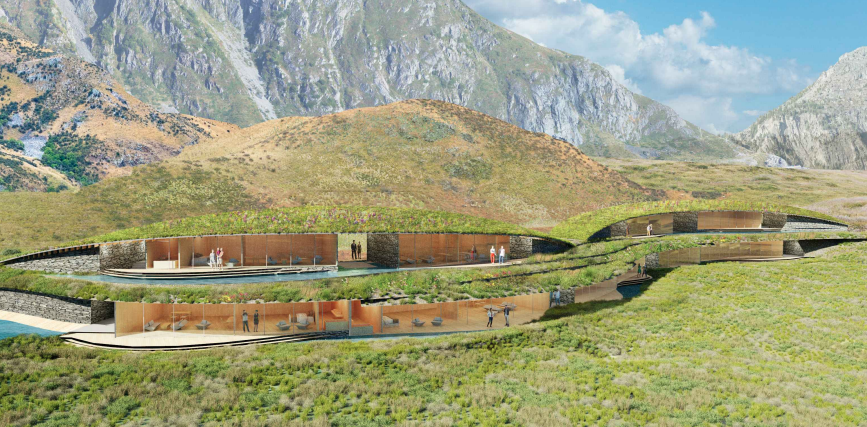Water easement approved for Thiel’s property
Maddy Harker
08 December 2022, 4:04 PM
 Peter Thiel
Peter ThielThe decision to approve a water easement on US billionaire Peter Thiel’s Wānaka property has no bearing on his bid to build a lodge on the site, Queenstown Lakes District Council (QLDC) says.
In August independent commissioners rejected the tech entrepreneur’s application for a sprawling luxury lodge on his $13.5M Damper Bay property.
This followed an earlier recommendation from council planners to deny the application.
Wānaka Upper Clutha Community Board (WUCCB) members recommended QLDC approve a new application at yesterday’s (Thursday December 8) WUCCB meeting, this time for a water easement on the property.

An appeal on rejected plans for a proposed luxury lodge are currently being considered by the Environment Court.
QLDC senior planner Aaron Burt told WUCCB members the other application (which Thiel’s company Second Star Ltd has since appealed to the Environment Court) did not add “complexity” to the application for a water supply.
“We’re talking about an easement that can convey water between two points,” Aaron said.
“It doesn’t necessarily factor in what may or may not transpire to be the case at one of those other points.”
Aspiring Law solicitor Janice Hughes told the Wānaka App “people ask for consent for infrastructure like power and water for all sorts of reasons, not just to put a residence on a property”.
Thiel purchased his 193ha property back in 2015 after controversially gaining New Zealand citizenship, and in late 2021 architectural plans for the site were unveiled.
They revealed a huge luxury lodge and private residence which could together sleep up to 30 people, kitted out with pools, libraries, spa facilities, and even (until it was withdrawn by the applicant’s lawyers) a dedicated building for meditation.
Architects Kengo Kuma and Associates, best known for designing for the Tokyo Olympic stadium, designed the buildings, which were ultimately rejected by commissioners due to their high visibility on the protected landscape.
The Environment Court is currently having informal discussions to decide next steps on the appeal.
PHOTOS: Supplied





